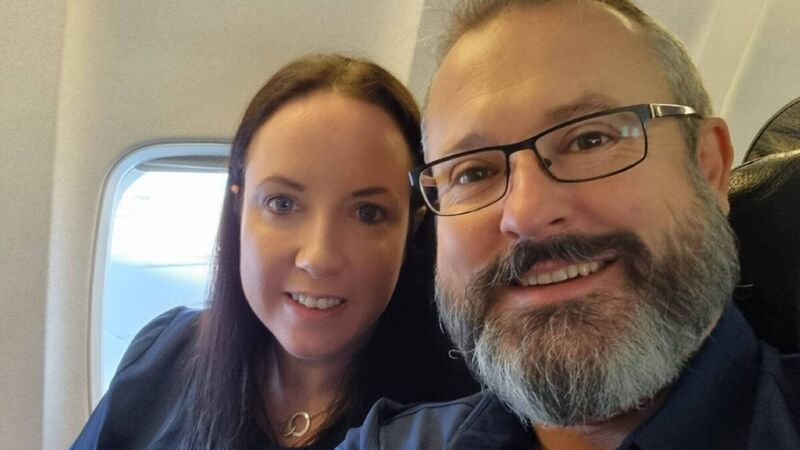Alison O'Reilly: Prospective parents say surrogacy laws leave them out in the cold

Sam Bengtson and her husband Jason Carrig from Dublin have been trying for a baby via surrogacy, using their own genetic material, for four years — to no avail so far.
Almost 20 years after it was first proposed, legislation to regulate domestic and international surrogacy has finally been passed.
The landmark Assisted Human Reproduction Bill provides for and will regulate domestic and international surrogacy, where one parent has a genetic link to the child. There were emotional scenes outside the Dáil last week as families gathered to celebrate the bill’s passage and the long-campaigned for recognition that it brings.














